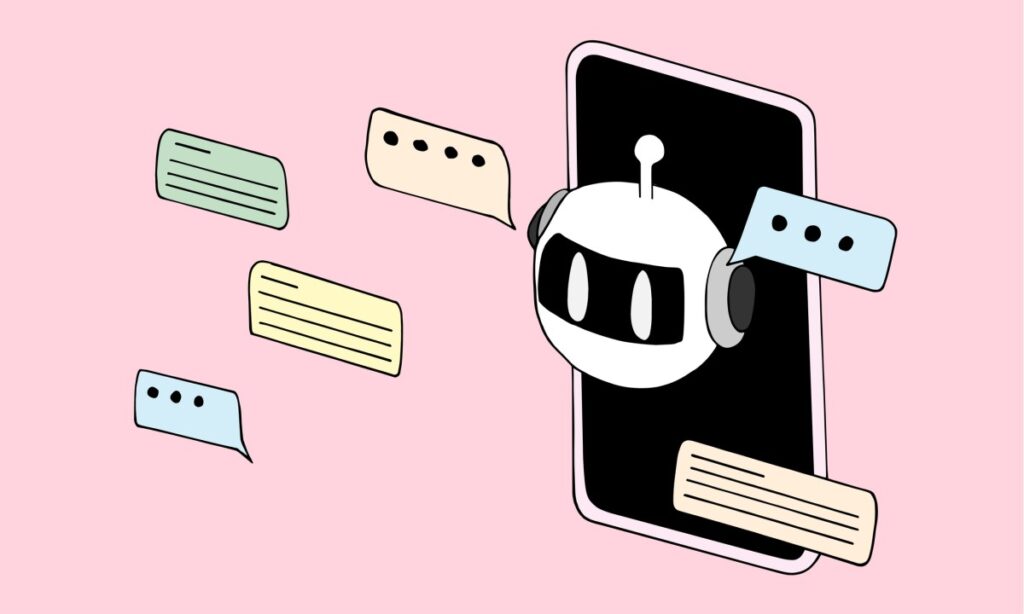According to the New York Times, which examines the popularity of religious chatbots and apps, AI-powered chatbots play a growing role in their spiritual life.
The Times notes that an app called Bible Chat has been downloaded more than 30 million times, and that another app, Hallow, reached its number one spot on Apple’s App Store last year.
Most often, these apps are supposed to refer to people in religious doctrine and Bibles to answer their questions, but at least one website insists on allowing users to chat with God. Rabbi Jonathan Roman suggested that chatbots could be “a path to faith” for a generation of people who have never been to churches or synagogues.
However, these chatbots are built on an AI model designed to validate users’ opinions, allowing them to enhance their paranoid or collusional thinking. Heidi Campbell, a Texas professor who studies the intersection of digital culture and religion, warned that the chatbots “tell me what you want to hear.”
“It’s not using mental identification, it’s using data and patterns,” Campbell said.

